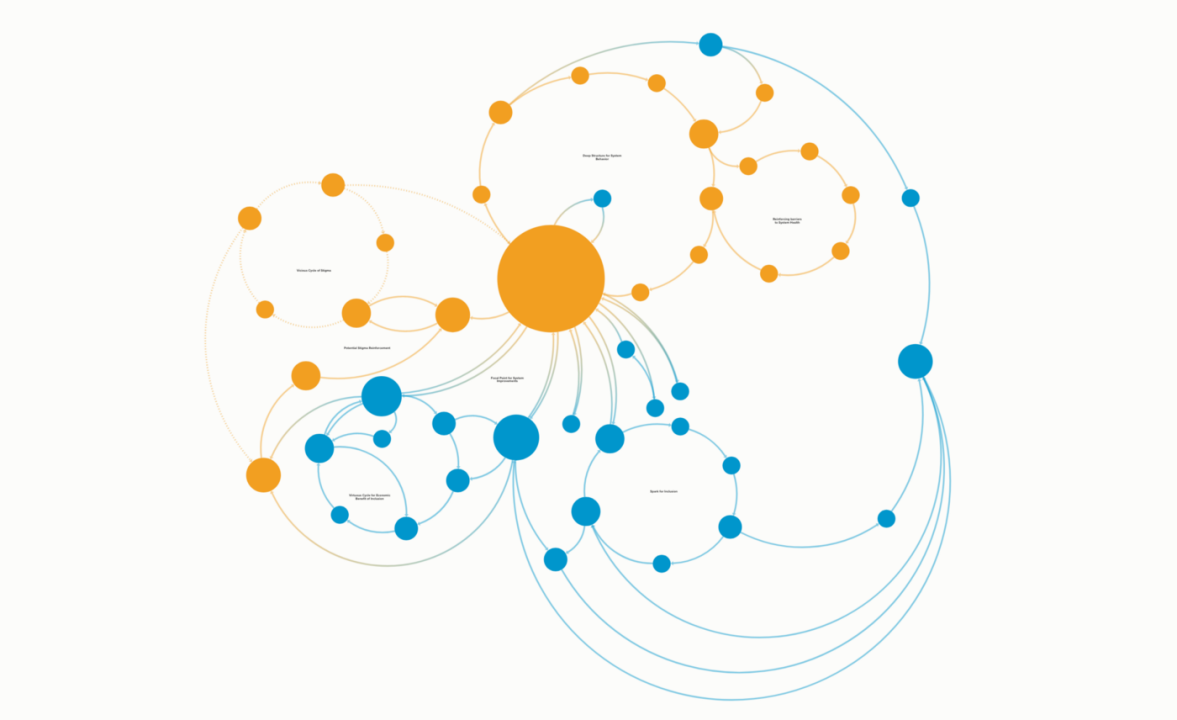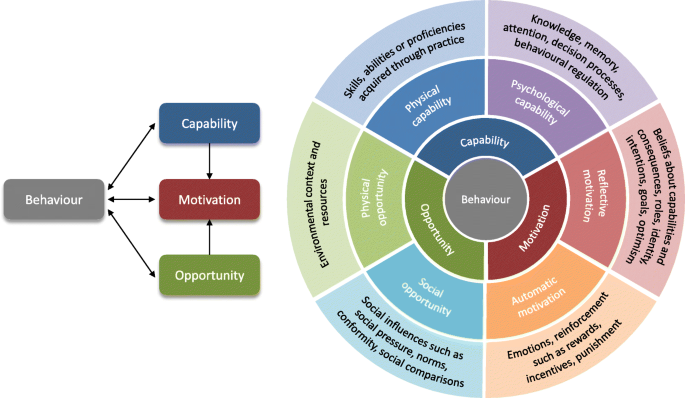A Wicked Problem

A Wicked Problem
The last month has been focused on identifying what the first things Active Lincolnshire are going to do, across the 6 strands that will make up the refreshed Let's Move Lincolnshire strategy. I’ve done this through delivering senior leader attended task and finish sessions built around the initial findings from stakeholder and resident research conducted by the University of Lincoln. As I combine the session notes and the report findings into theories of change I find myself starting with one pressing thought.
Inactivity is a wicked problem.
If it wasn’t we’d have solved it already, right? Thankfully smarter people than I have defined what makes a wicked problem including Horst Rittell. Put simply a wicked problem is a social or cultural problem that is difficult, potentially impossible, to solve because it’s interconnected with other problems e.g. inactivity is linked to deprivation, health, inequality, education, and employment. Therefore, every problem is either a determinant or product of another problem.

Its interconnected nature means that it can be very hard to measure success, and since solving the problem is virtually impossible the focus has to be on improving a situation. In fact it can take years to see improvements if you are only looking at end habitual change. We must track the changes to the system layers (see image) from politics to social environment and all in between and have confidence that focusing on these will eventually create large scale change in individual behaviour and circumstance. This will require all of us taking the ego of “my success” out of our decisions especially political ones and knowing that the sustained common good might be achieved years beyond our tenure.
As a wicked problem is linked to other sectors problems, it is essential that stakeholders own and drive Let’s Move Lincolnshire through their own work. Therefore, we (Active Lincolnshire) have to have faith that if a physical activity lens is applied to the toolbox used by other sectors for tackling their problems that it will reach inactive residents because it’s nearly always the same people we’re all attempting to create positive changes for. I need stakeholders who are aware and ready to go.
During the task and finish groups I asked the attendees to map the layers of the system and then give each ‘agent’ a rating A-C on awareness of the Let’s Move Lincolnshire strategy and a score between 1 and 5 on their readiness to utilise physical activity to tackle inequalities. I used a COM-B model approach to the readiness statements because institutional behaviour doesn’t appear that different to an individual’s behaviour.

This last month has been the type I dream of, yes there were lots of wins and the task and finish groups jumped in with both feet, discussing challenges and opportunities to get to a point of “START HERE” actions. Most excitingly it wasn’t perfect, it threw up challenges that Active Lincolnshire and the Let’s Move Lincolnshire stakeholders will have to face to bring about the changes we aspire to, including:
- Ensuring we focus at a systemic and place level to create large scale change with relatively small shifts in policy, process and procedure.
- Helping others see beyond the traditional, one-dimensional role of physical activity as a delivered intervention.
- Deepening our understanding and connections within the sectors where the mapped system appears unclear, dissipated or overtly complex.
- Why, what and how we measure, share learning and champion each other’s voices and work.
So, what’s next on my list? Split into three areas of planning, doing and reviewing.
- I need to plan the impact management and measurement structures of the strategy.
- I need to complete translating the notes from the Task and Finish into a list of activities/actions and resource doing those.
- I want to review the work completed by Active Lincolnshire and partners to date so we can begin talking about the work we’ve done and others can learn from it.
If you'd like to connect with Lorna to discuss the Let's Move Lincolnshire strategy, email her at Lorna.Leach@activelincolnshire.com or give her a call on 07903 266008










